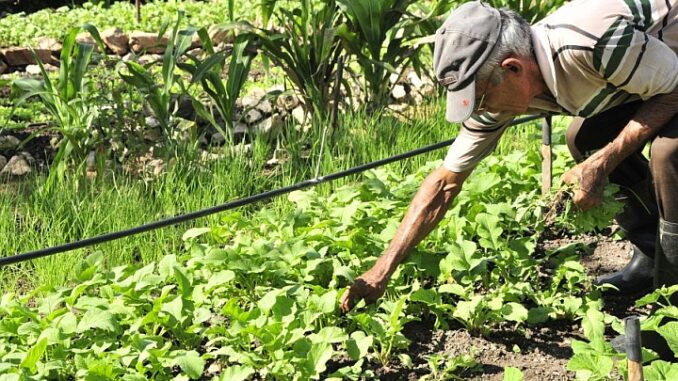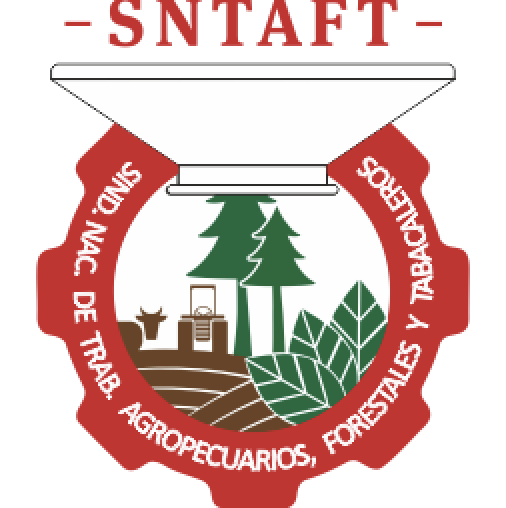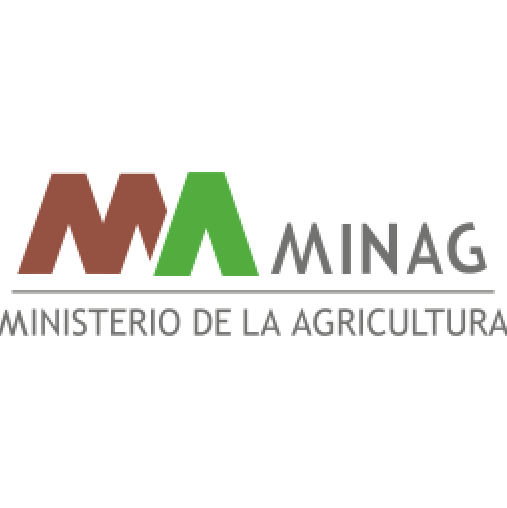GAF
Cuba ponders virtues of agroecology
Cuba is considered today among the countries with the most progress in stepping up to a new model of sustainable agriculture based on agroecology, according to the Ministry of Agriculture (Minag).
In tune with this gained space, the island increasingly uses this discipline, seen in the world as a solution to the necessary production of food in a sustainable and environmentally friendly way. Specialists integrated into an intersectoral Temporary Working Group in charge of the Minag are currently working on the proposal of an agroecology policy and its legal norms to promote these practices and reach a different state in the production of food for the population. It is about having a legally based instrument that will contribute to the implementation of technologies and ways in harmony with the environment and with innovations that will favor transformations in agriculture. Likewise, it will make it possible to reduce unproductive lands and increase the efficiency of production systems, enhance the use of renewable energy sources, reduce the use of external inputs, increase self-management of the territories and contribute to the gradual repopulation of rural areas. . It will also promote measures that stimulate the incorporation, permanence and stability of the sector's workforce, especially young people and women, in addition to the definitive rural family settlement. This will be in correspondence with the United Nations Food and Agriculture Organizations (FAO), defining agroecology as a set of practices and a social movement that seeks sustainable agricultural systems that optimize and stabilize production. A report recently published on the Minag website states that in order to promote the legal space required for the implementation of the aforementioned policy, a Decree-Law and its Decree-Regulation are being worked on. He specified that this first legal regulatory framework for agroecology in Cuba is designed in a participatory manner, with a gender and generational approach, and articulates institutional efforts for the proper implementation of the Food Sovereignty and Nutrition Education Plan. For this, the participation of the actors linked to the production, transformation, commercialization and consumption of food and civil society is necessary, through the existing communication channels, routes, structures and mechanisms for interrelation with the external and internal public. In the institutional digital spaces of the Minag you can comment on the regulatory aspects of the legal norms of agroecology, taking into account its principles and strategic axes. Criteria for addition, deletion, modification or simply comments are also collected until next November 1. Currently, more than 171,400 farms apply agroecological practices, which represents 75 percent of those registered in the country. Among them stand out those of the Agroecological Movement from Peasant to Peasant of the National Association of Small Farmers (ANAP), one of the main productive forces of food with more than 159 thousand farms with agroecological systems that seek to transform agriculture into a sustainable model. On this basis, the National Food Sovereignty Plan prioritizes actions aimed at reducing dependence on imports of food and supplies, guaranteeing quality and safety, and reducing losses and waste of products. It also consolidates territorial food systems and mobilizes educational, cultural and communication systems to strengthen nutritional education. With these challenges ahead, this practice has as a fundamental pillar for its development the traditional peasant experience, a source of knowledge that cannot be ignored in the advancement of agriculture, declared recently the agronomist Fernando Funes, one of the most experienced specialists in agriculture. matter. "The main objective is to achieve that what is designed really contributes to the benefit of the country, the Cuban population and in a general way to the development of the nation's agricultural system," said the also doctor in Ecology of Production and Resource Conservation.




